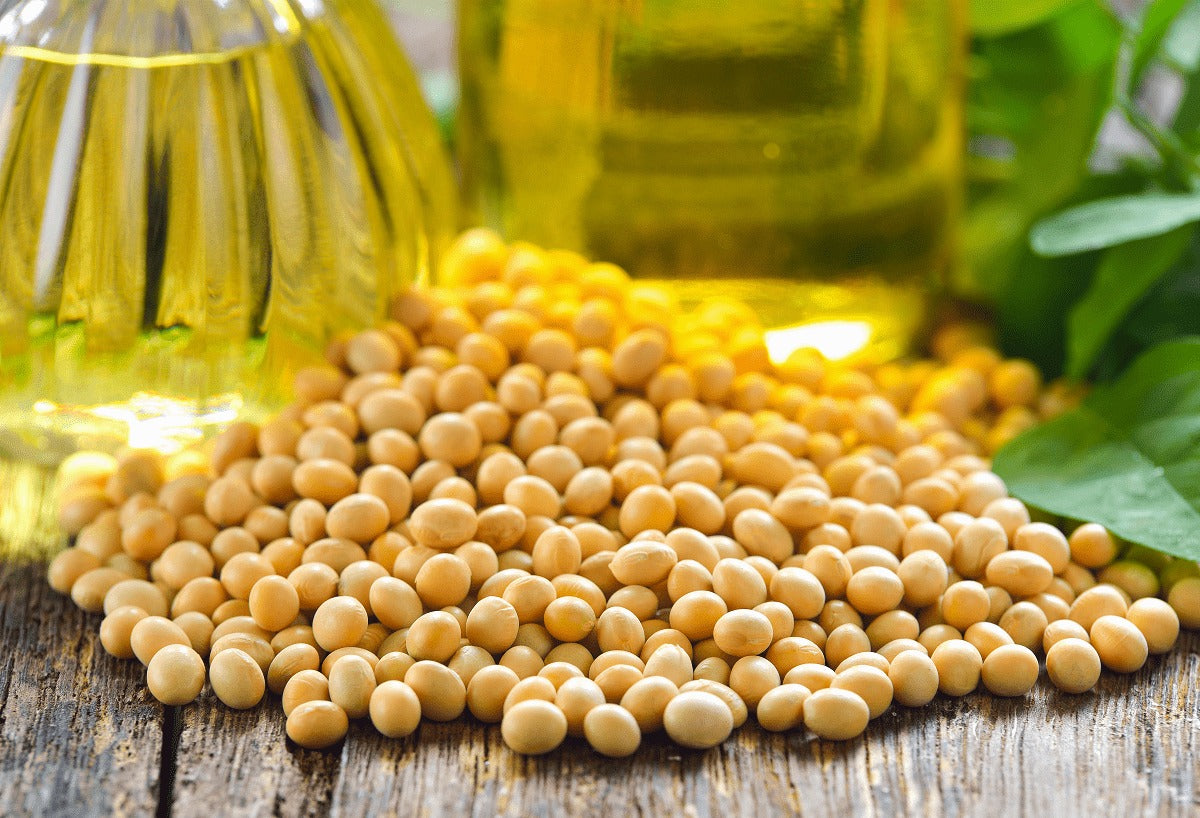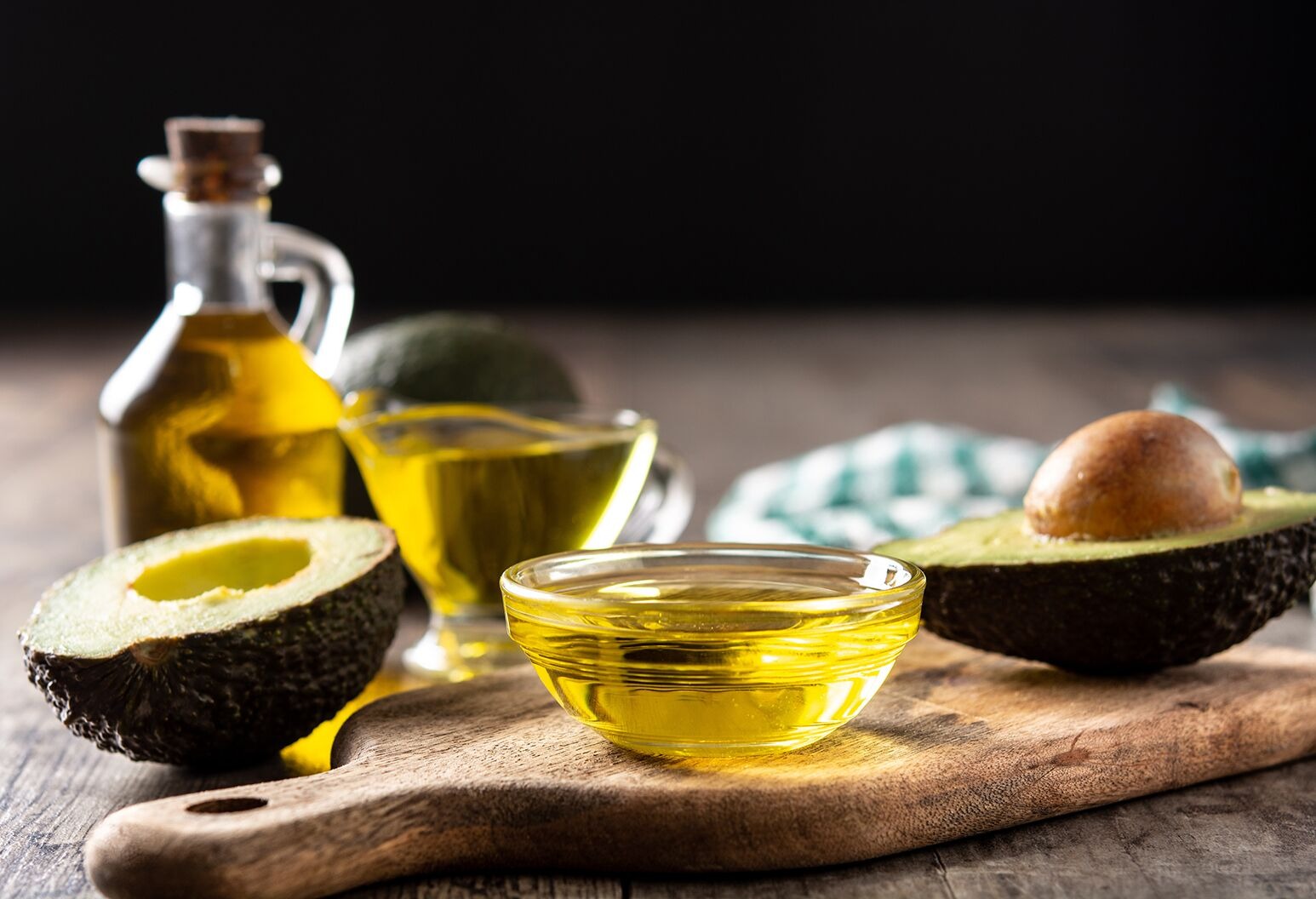Palm oil is one of the most prevalent vegetable oils globally. Used in various products ranging from food to cosmetics, it has become a staple in many industries. However, its production has been linked to significant environmental concerns, including deforestation, loss of biodiversity, and greenhouse gas emissions. So, how can palm oil be more sustainable? In this article, we'll explore steps and strategies to make palm oil production more sustainable, benefiting both the environment and communities.

The Environmental Impact of Palm Oil Production
Before discussing sustainability, it is crucial to understand why palm oil production is so damaging. Large areas of tropical forests are cleared to make way for palm oil plantations. This deforestation leads to habitat loss for many endangered species, including orangutans, tigers, and rhinos. Additionally, the burning of forests contributes significantly to carbon emissions, exacerbating global warming. To know more about environmental care at home, check this guide.

Implementing Sustainable Farming Practices
Agroforestry Integration
Agroforestry, which involves integrating trees and shrubs into plantations, can provide a more sustainable farming method. This practice maintains biodiversity, improves soil quality, and reduces the need for chemical fertilizers and pesticides.
RSPO Certification
The Roundtable on Sustainable Palm Oil (RSPO) certification is a benchmark for sustainability in the palm oil industry. Companies that meet RSPO criteria follow best practices in reducing environmental impacts and improving social conditions for workers and local communities. Look for RSPO-certified products to support sustainable palm oil production. For more information, you can visit the RSPO official website.

Innovations in Palm Oil Production
High Carbon Stock (HCS) Approach
The High Carbon Stock (HCS) approach aims to protect forests with high carbon and biodiversity values while allowing degraded lands to be used for agriculture. This method balances environmental protection with economic development, making it a viable solution for sustainable palm oil production.
Satellite Monitoring
Technology such as satellite monitoring can help track deforestation and enforce sustainable practices. By monitoring changes in land use, companies and governments can ensure compliance with sustainability standards.

The Role of Consumers
Demanding Transparency
Consumers have the power to drive change by demanding transparency from companies. Support brands that commit to sustainable sourcing and avoid those involved in deforestation and unethical practices. Learn more about ethical consumer practices here.
Choosing Eco-friendly Products
Opt for products that are labeled as RSPO-certified or have other sustainability certifications. By making informed choices, consumers can encourage the industry to adopt more sustainable practices. See our eco-friendly products guide for more choices.
Community Involvement and Education
Empowering Local Communities
Empowering local communities to manage forests and palm oil plantations sustainably is crucial. Providing education and resources can help them implement practices that protect the environment while ensuring economic benefits. Find out more about community empowerment.
Government Policies and Enforcement
Effective government policies and strict enforcement are essential for promoting sustainable palm oil production. Governments must create and implement regulations that incentivize environmentally friendly practices and penalize unsustainable ones.
Frequently Asked Questions
1. What is the RSPO Certification?
The RSPO Certification is a standard for sustainable palm oil production. It ensures that palm oil is produced following specific environmental and social criteria.
2. How can consumers support sustainable palm oil?
Consumers can support sustainable palm oil by purchasing products that are RSPO-certified and demanding transparency from companies about their sourcing practices.
3. What are the benefits of agroforestry integration?
Agroforestry integration benefits the environment by maintaining biodiversity and improving soil quality while reducing the need for chemical inputs.
As an Amazon Associate, I earn from qualifying purchases.






Leave a comment
This site is protected by hCaptcha and the hCaptcha Privacy Policy and Terms of Service apply.